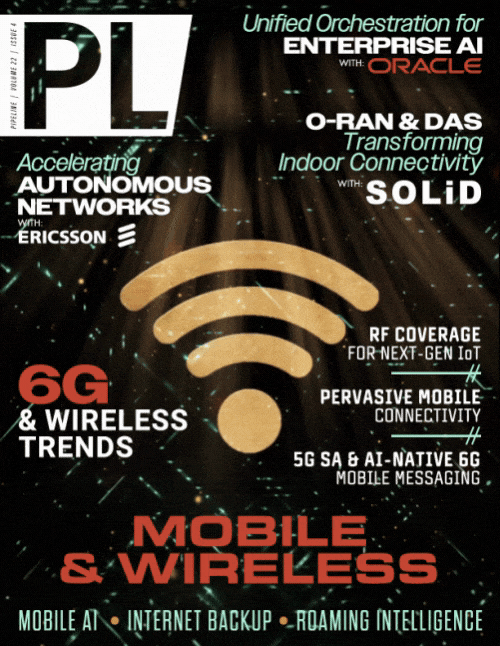oneM2M Provides Framework for IoT Deployment of Smart Wearables, Connected Cars and MachinesThink Horizontally to Unlock the Huge Potential of Connected Devices, Says oneM2MSmart wearables, connected cars and machines, consumer electronics and smart city deployments will only deliver true value to consumers if there is a horizontal linking of data, oneM2M’s Technical Plenary ChairDr. Omar Elloumi warned. Speaking ahead of CES, where thousands of the latest Internet of Things (IoT) gadgets will be showcased, Elloumi highlighted how many devices are connected to a proprietary cloud that provides services based on the data of the wearable itself. “As consumer demand for smart devices continues to surpass expectations, it is more vital than ever that device makers understand the importance of a horizontal standards-based approach when defining their strategies for the IoT,” he said. “Working in this manner will allow them to bring multiple devices from various industries onto the same platform, sharing data that will ultimately improve the end-user experience and security.” The oneM2M standard provides a universal framework for IoT deployments, including those in the rapidly growing global connected car industry, giving a blueprint for a horizontal platform consisting of a common service layer to allow every component to communicate. Two companies that have adopted oneM2M standards are Toyota and KDDI, which have set out their visions for the IoT by explaining how a horizontal cross-vertical linking of data can increase value for consumers. “The oneM2M standard harmonizes data models for vehicular applications, giving us the power to offer a cross-vertical and multi-vendor interoperability authentication of each application or device,” said Nick Yamasaki, Senior Expert, Industry Standards Department, Technical Planning Division at KDDI. “KDDI’s IoT vision for consumers on a global scale has oneM2M at its core, increasing benefits for manufacturers and consumers safely and securely.” That view is shared by Dr. Ryokichi Onishi, Network Group Leader at Toyota Info Technology Center, which works on the oneM2M standard for the connected car platform. “The use of M2M technology for our customers has never been simple–it includes a wide range of functions and we can offer them effectively through oneM2M standards,” said Onishi. “Making different devices and servers universally interoperable through a standards-based approach greatly improves the value data sharing brings to end-users in a secure and controlled manner.” Elloumi concluded: “Toyota’s and KDDI’s outlooks clearly illustrate how IoT services can bring additional benefits to customers in terms of convenience and safety, through carefully coordinated structures unified by the same standards. All of this is only possible once devices from different verticals and different vendors begin to communicate among each other, in a safe and secure way.” The growing trend towards open standards in the automotive industry has also been illustrated in the recent work of the European Union’s AUTOPILOT Horizon 2020 project, which leverages the oneM2M standard to collect CCTV data and data produced by connected cars to help deliver a 360º awareness of potential hazards, increasing safety for all. Deutsche Telekom and Orange also revealed their use of oneM2M last year when the companies announced their joint initiative on oneM2M-based cloud APIs for Smart Home and consumer IoT. Other companies using oneM2M include SK Telecom, LG Uplus, InterDigital and ZTE and Hewlett Packard Enterprise (HPE) for its Universal IoT platform which will be used in Tata Communications’ IoT network to serve more than 2,000 communities. Source: oneM2M media announcement | |

















